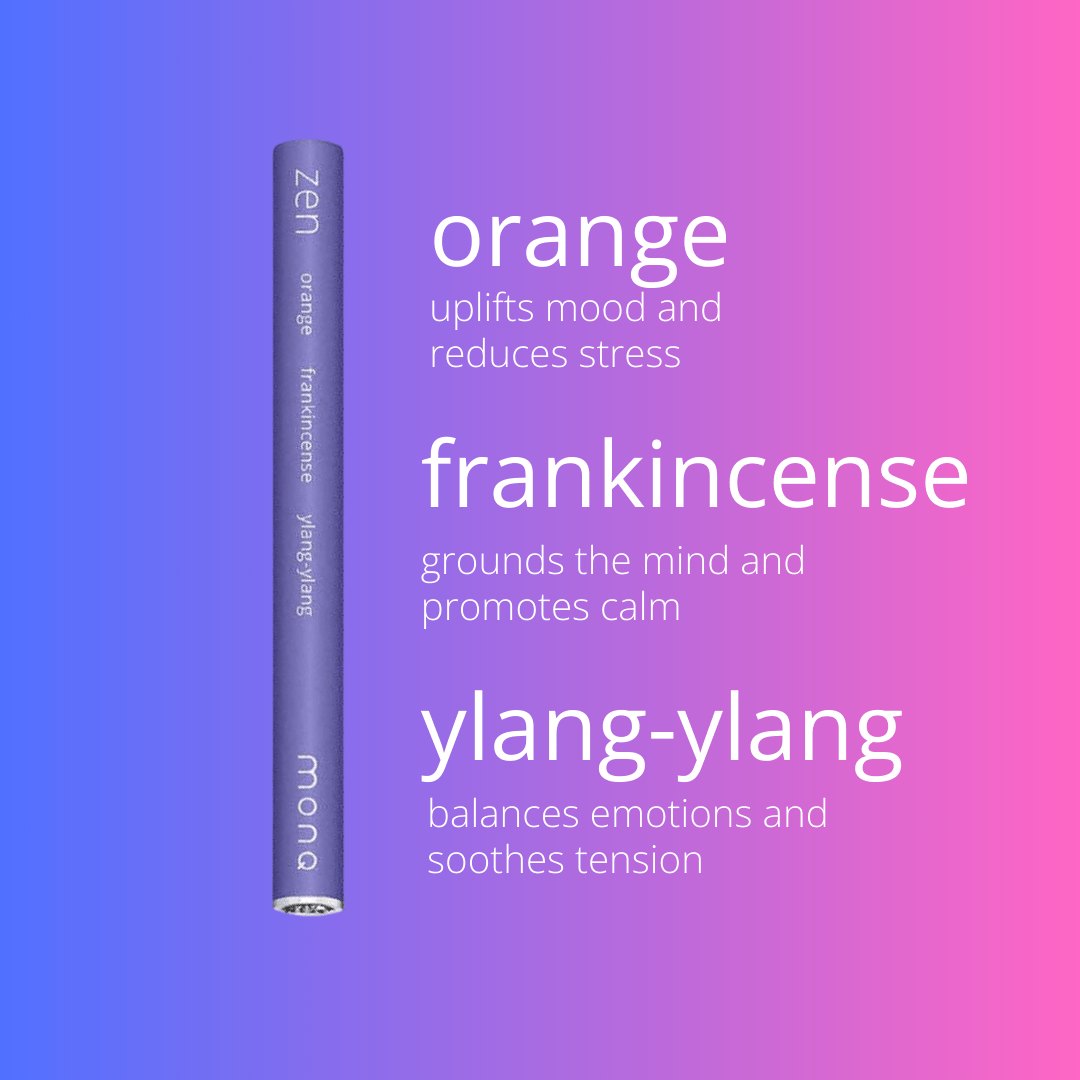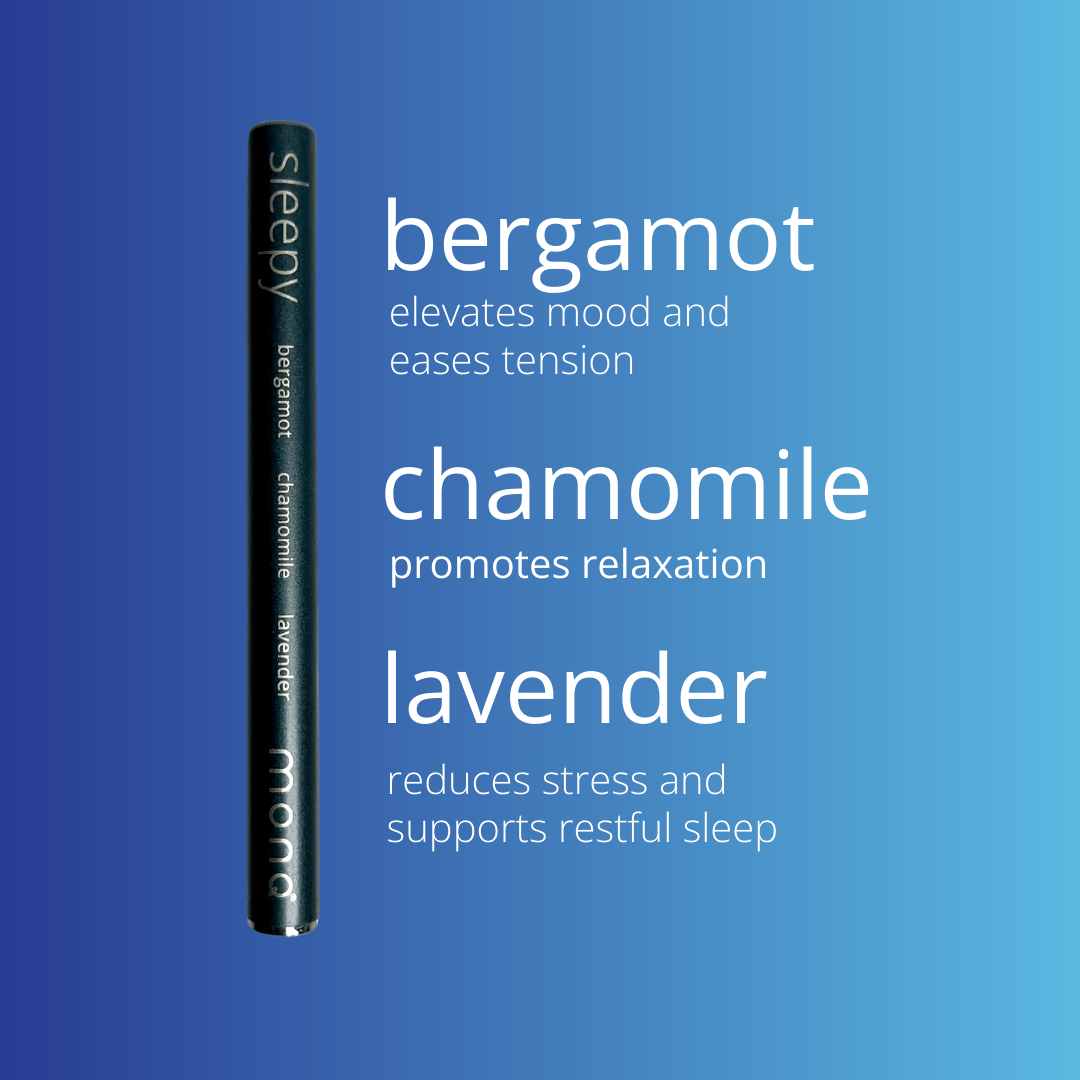Unraveling the Difference Between Herbs and Spices

Have you ever paused in the middle of cooking and wondered about the vibrant ingredients you're adding? Those aromatic herbs and tantalizing spices have more to their story than just flavoring our dishes.
The Difference Between an Herb and a Spice:
Though often used interchangeably in conversation, herbs and spices come from distinct parts of plants.
-
Herbs: These are derived from the leafy green parts of plants. Think basil, rosemary, or mint.
-
Spices: These come from non-leafy parts, including seeds, roots, bark, and fruits. For example, the wonderful cinnamon is derived from bark, and those delightful peppercorns? They're fruits!
A fascinating example of one plant playing both roles is cilantro. While the leafy part (cilantro) is considered an herb, the seeds (coriander) are a spice.
Herbs vs. Spices in Culinary Arts:
Herbs, with their delicate flavors, shine best when added towards the end of cooking. Their nuances, whether fresh or dried, can be overwhelmed by prolonged heat. Spices, however, are the marathoners of the flavor world. With robust profiles and a flair for adding color, they can stand up to prolonged cooking, often being introduced at the very start.
A Glimpse into the Past: The Role of Herbs and Spices
Delving into history, herbs and spices were often more than just culinary delights. Ancient civilizations cataloged numerous health benefits of these botanical wonders. For instance, the Ebers Papyrus from Ancient Egypt detailed various benefits the Ancient Egyptians believed the herbs to posses, from basil for heart health to thyme as a potential pain reliever.
Fast-forwarding a few centuries, the renowned Hippocrates, often dubbed the father of medicine, emphasized the therapeutic potential of food, hinting at the medicinal properties of various herbs and spices.
Between the 15th and 17th centuries, Nicholas Culpeper, an iconic botanist and herbalist, penned The Complete Herbal, making a significant contribution by listing hundreds of medicinal herbs.
However, with the dawn of the 20th century and the rise of modern medicine, the spotlight shifted away from herbal practices. Today, in our global and interconnected world, we see a renaissance of interest in these natural treasures. People are rediscovering and embracing the myriad benefits of herbs and spices, both in the kitchen and beyond.
Final Thoughts:
From livening up a pasta dish with fresh basil to seeking turmeric's potential benefits, herbs and spices have woven their way into the fabric of our lives. They remind us of the beauty of nature, the history of civilizations, and the shared love for flavors across generations. So the next time you sprinkle, season, or garnish, take a moment to appreciate the rich tapestry behind these wonderful ingredients.








Leave a comment